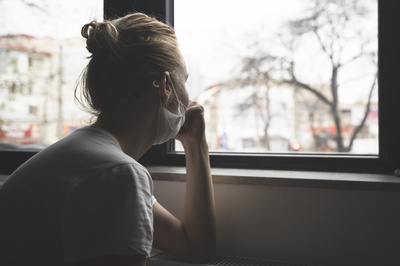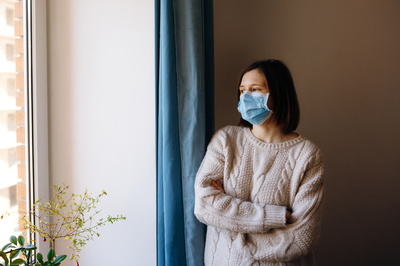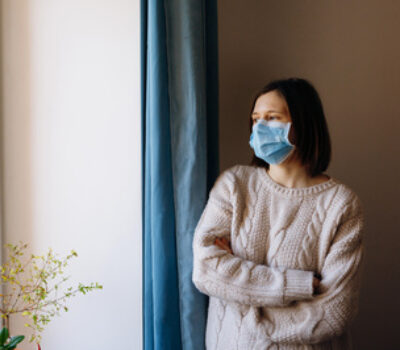
A simulation conducted by Massachusetts researchers found that necessary COVID-19 protections such as social distancing and quarantine may be increasing the number of opioid overdose deaths. Safety protocols can interfere with accepted intervention practice to prevent opioid overdoses by affecting the quality of the illicit narcotics supply and limiting access to emergency health measures.
A Pandemic of Loneliness
Human beings rely on social networks and engagement to protect their mental health and maintain emotional connection. Research has found that loneliness and isolation can have severe effects on mental health, including substance use disorders.
Unfortunately, loneliness has been an unavoidable consequence of the COVID-19 pandemic. Due to social distancing and isolation measures, people have felt disconnected even from close friends and family members. That loneliness can have profound consequences for people in recovery from opioid abuse.
A Model Of Disaster
Researchers in Massachusetts created a simulation that looked strictly at access to medication such as naloxone to assist in opioid use disorder and how social distancing and quarantine would affect it. Troublingly, every scenario they ran found an elevated risk of overdose due to lack of access.

The CDC’s provisional drug overdose data has found a nearly 30% increase in overdoses in 2020, a rise of more than 20,000 deaths. Sadly, this is the highest number that’s been recorded, and opioids accounted for almost all of the increase.
There are several reasons the pandemic has driven an inter-connected epidemic of overdoses:
- Strained available health care systems. The pandemic has made health care more difficult to access.
- Supply chain factors. While legitimate supply chains have experienced shortages, illicit drugs have become easier to access. As a result, drugs like fentanyl, which are more powerful and more likely to cause overdose, can be easier to find.
- Severe emotional setbacks. Events such as compromised health or the death of a key member of a support network have led to higher risk of relapse.
- Strained mental health systems. With mental health services harder to access in an atmosphere of greater stress and personal chaos, those in recovery face greater struggles and increased temptation.
How Loved-Ones Can Help
Creating a supportive environment for those in recovery is key to maintaining that recovery. Nobody should risk their mental health for their physical health, so safety protocols should be respected.
Within those bounds, concerned friends and family members can help a recovering loved-one create a network of support through a variety of channels. Research supports a combination of online support groups and talk therapy paired with exercises and training programs to reduce feelings of isolation and depression.
If you know someone in recovery who needs compassionate support to make it through the extended hardships caused by the pandemic, Harris House can help. Contact us to learn more about the inpatient and outpatient programs we offer.








